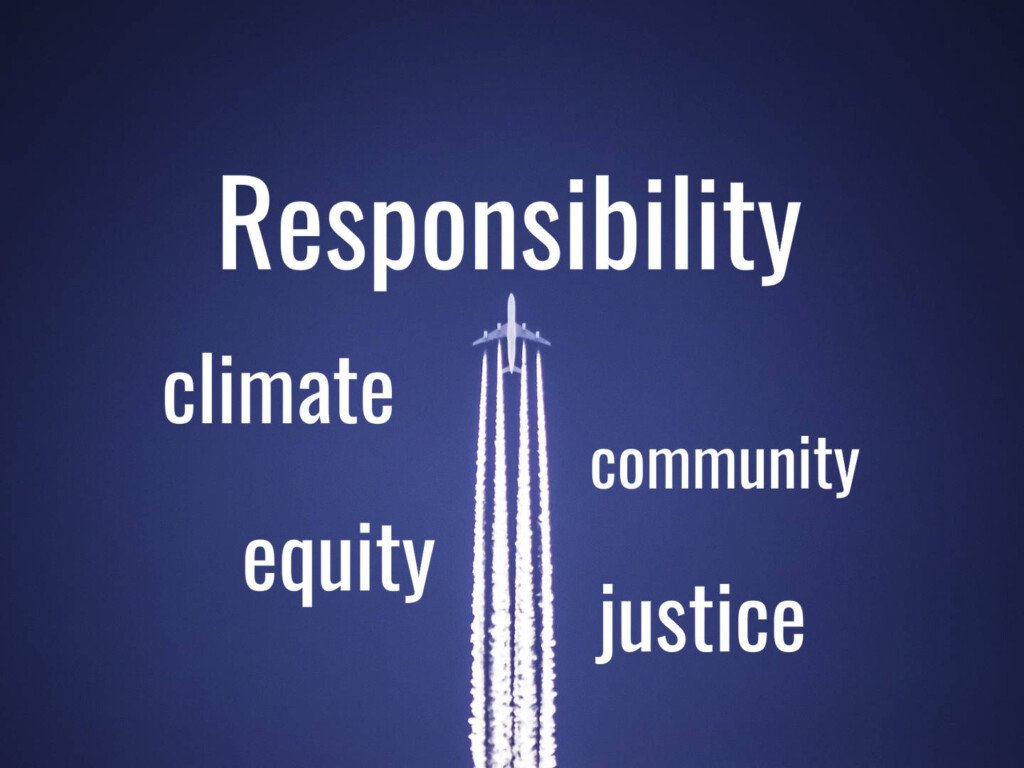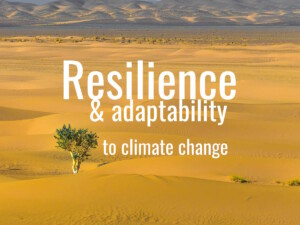Enhancing equitable climate adaptation strategies through responsible tourism

Kevin Phun of the Centre for Responsible Tourism Singapore hosts the Responsible Tourism podcast, which explores the many dimensions of responsible tourism.
In line with Episode #44: Responsible tourism, climate adaptation, and climate justice, Mr Phun summarises his thoughts about the challenges and opportunities for tourism around equitable climate adaptation.
Contents
Increasingly crucial
Climate change mitigation and equitable climate adaptation are increasingly recognised as crucial in helping communities cope with the effects of climate change.
Hussain (2023) stated that the UNWTO (UN World Tourism Organization) noted an increase in the tourism industry’s climate vulnerability from 21% (2019) to 54% (2021).
Climate adaptation strategies have gained attention as tourism’s role in coping and contributing to such matters becomes increasingly important.
Hastrup (2018) highlighted that if globalisation causes the loss of local traditions, it will undermine the capacities of communities to respond adaptively to climate change.
Equitable climate adaptation for equitable outcomes
Adaptation is associated with equitable actions and outcomes.
The poorest communities face significant challenges in funding and implementing climate adaptation strategies, with obstacles often being the highest for these people.
Tourism, with its varied experiences, can provide a meaningful opportunity to promote fair climate adaptation for local communities, especially in areas where the poor and those most affected by climate change live.
Innovations in responsible tourism can enable more opportunities to engage local communities, creating means to overcome the challenges of climate adaptation.
We need climate adaptation strategies that reflect greater equity and are not borne of top-down decision-making.
For example, the IIED briefing (2015) highlighted that in Taiwan, due to decision-making that did not sufficiently engage with local communities, indigenous mountain communities were relocated to lower altitudes, resulting in the loss of cultural identity and traditional knowledge for coping with typhoons.
Social, economic, and political dimensions
A better understanding of the potential intricate links between responsible tourism and climate adaptation is needed. Tourism activities can and should allow for better and smarter climate adaptation.
Vulnerability to climate change is not solely a function of geography or dependence on natural resources; it also has social, economic, and political dimensions that influence how climate change affects different groups (Reid et al, 2005).
Poor people rarely have insurance to cover the loss of property due to storms or cyclones. The poor need ways to reduce their vulnerability and strengthen adaptive capacity, key elements in successful adaptation.
Exploring how tourism can promote climate adaptation is crucial to prevent the exacerbation of resource scarcity. Tourism activities that help promote locals’ way of life and strengthen their adaptive capacities should become more common.
This sounds like an urgent call for regenerative types of tourism.
Communities need support
Local communities need support or alternatives to help them adjust to new realities.
Tourism, when done innovatively in line with responsible tourism principles, can support more equitable climate adaptation.
Anticipate seeing more collaboration between tourism stakeholders over the next few years, particularly in the form of public-private partnerships.
Such collaboration will hopefully lead to innovative ideas and equitable outcomes.
References
- Hussain, A. (2023). “Climate Change Commitments and Challenges to Achieve Regenerative Tourism: A Case of Aotearoa New Zealand.” Sustainability and Resilience Institute New Zealand.
- IIED Briefing. Vulnerable communities: climate adaptation that works for the poor.
- Hastrup, K. (2018). “A history of climate change: Inughuit responses to changing ice conditions in North-West Greenland.” Climatic Change, 151, 67 – 78.
- Reid, H., Alam, M., Berger, R., Cannon, T., Huq, S., and Milligan, A. (n.d.). “Community-based adaptation to climate change: an overview.”
About the author

Kevin Phun is a specialist in responsible tourism who combines tourism and sustainable development knowledge and expertise. He is the founder of the Centre for Responsible Tourism Singapore (CRTS) and can be reached at kevin[at]crts.asia.
Enrich your employees with the CRTS experience
The Centre for Responsible Tourism Singapore also offers short online courses on the many dimensions of responsible tourism, including climate adaptation.
Browse CRTS’ responsible tourism courses for yourself or your staff and colleagues.
Try these short courses on:
- Climate change and community based tourism
- Global warming and rising sea levels — how the tourism industry is affected
CRTS’ online courses are perfect for introducing newly hired people to some of the responsible tourism concepts of relevance to an organisation.
“Our intensive courses are efficient exercises in professional development, and could be a motivating incentive for some employees,” Kevin said.
CRTS is offering a package deal for organisations: Bookings of 20 or more online courses attract a 30% discount.
These can be used all at once as a group learning experience, or banked to be offered to individuals over time.
CRTS’ courses can also be delivered live and in-person by Kevin himself.
“We can tailor our responsible tourism courses to an organisation’s specific requirements,” he said.
“Contact CRTS or me directly. Let me know what you require. I look forward to working and learning with you and your team.”
CONTACT CRTS | KEVIN PHUN ON LINKEDIN
Featured image (top of post)
How can tourism contribute to equitable climate adaptation? Base image by staboslaw (CC0) via Pixabay. “GT” added the words.






